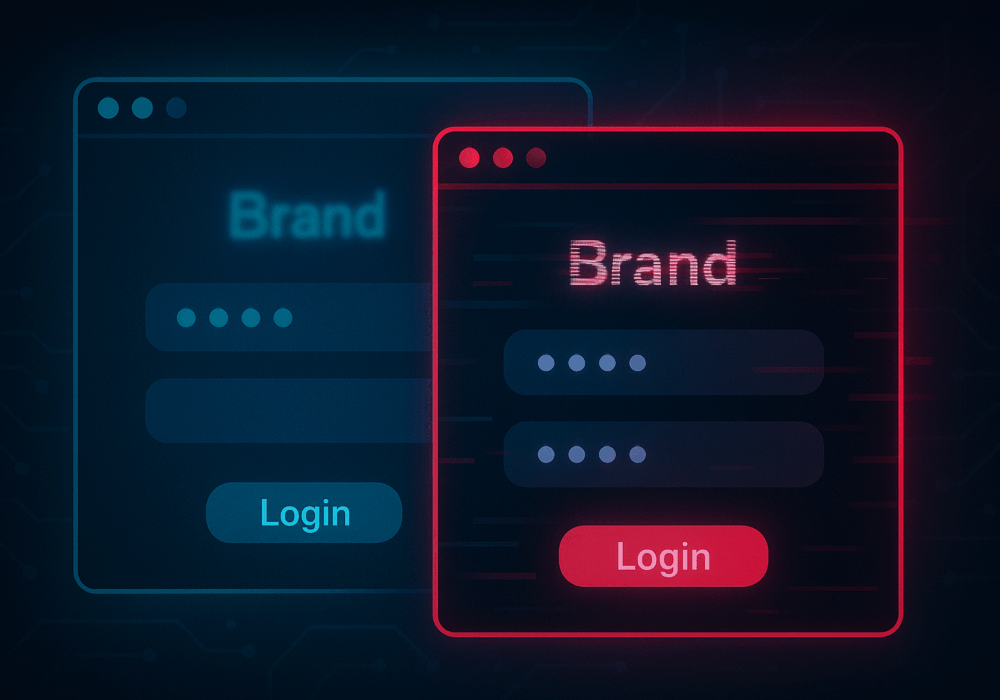The FBI released a statement in April 2021, warning of cybercriminals using fake job listings to target applicants’ Personally Identifiable Information (PII). In the COVID-19 era, over 16,000 people were reported to the FBI as scammed through fake job listings with losses totaling more than $59 million. There have been over 2,000 reports in 2021, the FBI reports.
Hackers advertise jobs the same way legitimate employers do, online (ads, job sites, college employment sites, social media), in newspapers, and sometimes on TV and radio. Technology makes these scams easier and more lucrative than ever for fraudsters. They promise you a job, but what they really want is your money and personal information. These employment scams occur when criminals deceive victims into believing they have a job or have a job lined up. Criminals leverage their position as “employers” to persuade victims to provide them with personally identifiable information (PII) or send them money.
The scammers will go to great lengths to get your information, even conducting a fake phone interview. They conduct fake interviews with unsuspecting applicants, requesting PII and/or money from these individuals. PII can be used for any number of malicious purposes, including taking over a victim’s account, opening new financial accounts in their name, or using the victim’s identity for another deception scam (fake driver’s licenses/passports).
It can be quite difficult to spot tricksters, but this example of a LinkedIn user who reached out to KrebsOnSecurity to verify the scam might help:
On Monday, someone claiming to work with Gwin (LinkedIn ‘recruiter’) contacted Siegel and asked her to set up an online interview with Geosyntec. Siegel said the ‘recruiter’ sent her a list of screening questions that all seemed relevant to the position being advertised.
Siegel said that within about an hour of submitting her answers, she received a reply saying the company’s board had unanimously approved her as a new hire, with an incredibly generous salary considering she had to do next to no work to get a job she could do from home.
Worried that her potential new dream job might be too-good-to-be-true, she sent the recruiter a list of her own questions that she had about the role and its position within the company.
But the recruiter completely ignored Siegel’s follow-up questions, instead sending a reply that urged her to get in touch with a contact in HR to begin the process of formalizing her employment. Which of course involves handing over one’s personal (driver’s license info) and financial details for direct deposit.
According to the FBI, the attackers request the same information as legitimate employers, making it difficult to identify a hiring scam until it is too late. Some indications of this scam may include:
If you’re looking for a job or if you receive an enticing offer, it’s vital to do a little research. CyberHoot and the FBI recommend taking these actions if you receive a job offer of any kind through online interviews:
While these actions will help you stop the hackers from stealing your information in Employment Scams, there are certainly other actions you and your business should be taking to help secure your sensitive information.
Take these seven actions to improve your company’s cybersecurity program:
Sources:
Additional Readings:
CNBC – Job Scams Increase As COVID-19 Puts Millions Out Of Work
Discover and share the latest cybersecurity trends, tips and best practices – alongside new threats to watch out for.

In cybersecurity, not all attacks happen through fancy malware or zero-day exploits. Some of the most effective...
Read moreGet sharper eyes on human risks, with the positive approach that beats traditional phish testing.
